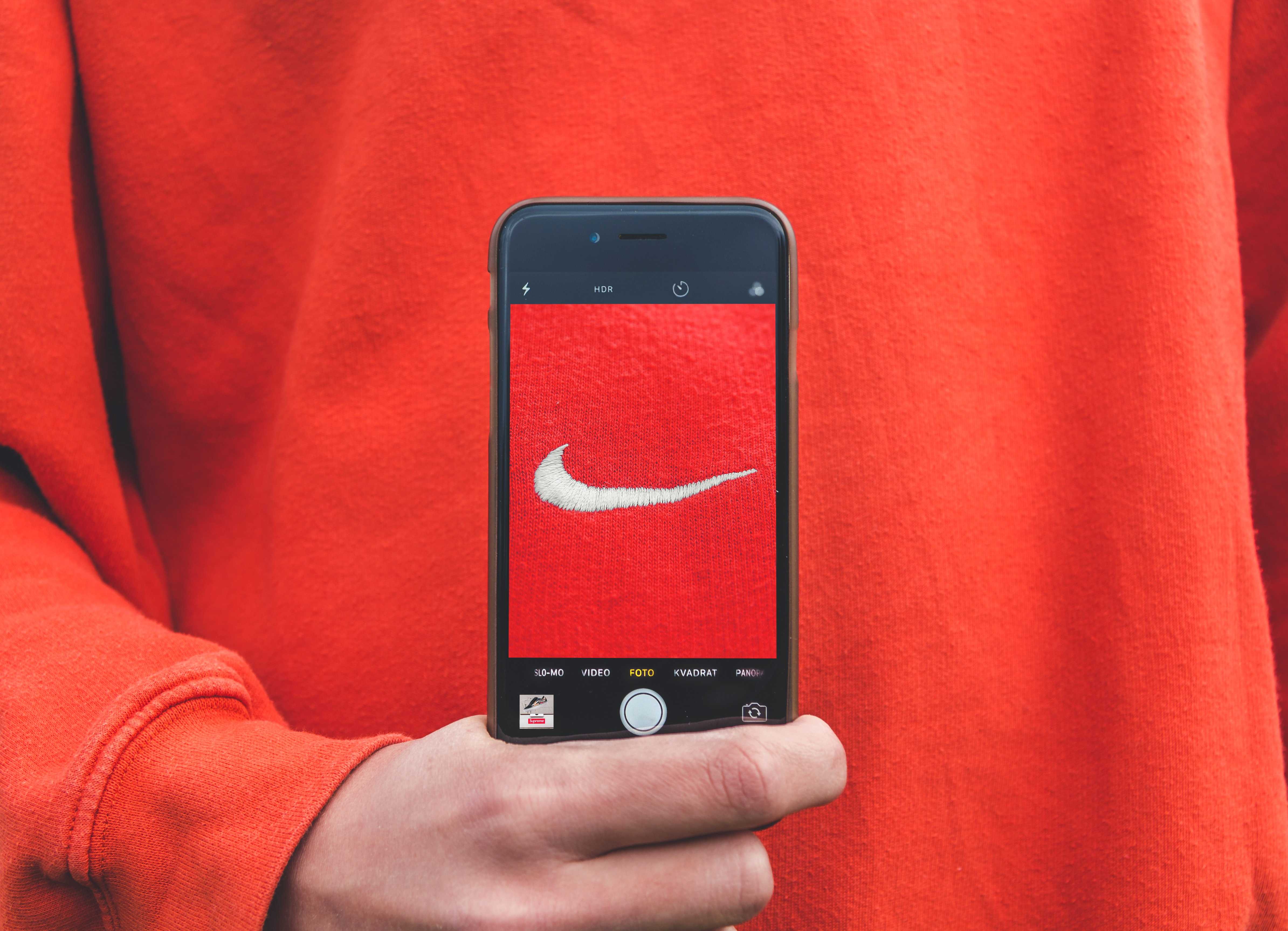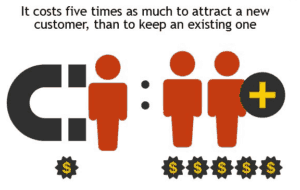Marketing Lessons From Fantasy Football
While many may see fall as a return to school, cooler weather, and pumpkin-spiced everything, many welcome fall by subjecting themselves to Fantasy...

The word brand is often misused in marketing. The confusion is likely tied to the fact that most “brands” didn’t start out thinking of themselves as brands. They were ideas or simple businesses that offered a unique and valuable service.
The product or service they offered was so valuable they quickly grew and, at some point along the way, hired a marketing person who suggested they develop a unifying philosophy or architecture to help guide their marketing activities.
This common, yet backward, brand journey is one of the reasons that brand marketing, as opposed to direct product or service marketing, is often difficult to do well. Essentially, you - or your branding agency - is given the task of reverse engineering a unifying reason behind all of your company’s existing pieces of marketing (products, services, legacy campaigns, executive personalities, PR, websites, apps, packaging, etc.) Not only does that unifying reason need to make sense for the company, but it has to matter to your audience as well.
When marketing is confused with branding, it is instead promoting a product or service. This marketing is a push tactic, delivering a message to obtain a result: “buy this because it’s better than that.”
This is not branding.
Branding is a pull tactic and its role is to create the foundation for your marketing efforts. Your brand should communicate the value of the organization, product, or service. Your brand marketing should communicate the characteristics, values, and attributes that your products and services derive from.
Great brands clearly define the role they play in the lives of their customers.
Apple helps you create.
Nike helps you perform.
The Ritz Carlton is luxury.
FedEx is reliability.
Great brands build an emotional connection with their customers.
The Home Depot makes you feel like you can accomplish your project.
Patagonia makes you feel like you’re part of the outdoors.
Whole Foods makes you feel like you’re living healthier.
Dove makes you feel like you’re not being judged.
The most obvious reason why brand marketing gets put on the back burner is that marketers struggle to align a clear return on investment from branding. While you can run an ad for a new product or sale and see a related uptick in sales, the metrics tracking your brand marketing are less tangible but equally important.
Your sale may convince your customers to switch, but it’s your brand that builds loyalty and retains them.
Companies spend a tremendous amount of time and money on customer acquisition, but research has shown that attracting a new customer costs up to five times as much as maintaining an existing one. Furthermore, increasing customer retention rates by just 5% increases profits by 25 to 95 percent.

Understanding your customer’s and prospect’s needs and wants is important in all marketing, but especially in brand marketing. The best way to learn about these needs and wants is through the development of personas, which are representations of your key audience segments. The research used to build your personas will help you understand what products, services, messages, channels, and website functionality will be most relevant and useful to your audience.
Once your personas are developed, it’s not hard to think of your own brand as a living, breathing person. So imagine this person now interacting with your audience personas and explaining who they are, why they're valuable, and what they specifically have to offer.
As consumers identify with your brand, you’ll find they’ll begin to connect on an emotional level – lessening the need for promotions and price-driven marketing.
Beyond creating loyal customers, your branding can also create loyal employees. Your brand marketing should help employees understand the purpose of the organization they work for and where they fit. Done well, this gives employees something to identify with and believe in.
Your employees could also represent untapped potential for your marketing. According to MIT research:
"...for many companies, the opportunity to use employees as brand ambassadors has been only partially tapped. Although employers expect their employees — especially younger ones — to follow the employer’s brand on social media, share its brand links, recommend its products, and recommend the company to job candidates, we found that on the whole, employees displayed very low brand engagement on social media."
Taking the time to consider your employee base as an audience, will help strengthen your brand marketing and how it's rolled out externally and internally.
Marketing unearths and activates buyers, but branding creates loyal customers, advocates, even evangelists, out of those who buy. This works the same way for all types of businesses and organizations.
But what are the pieces that make a strong brand?

A clear statement regarding what customers can expect from your products and services – tangible benefits to the consumer.
The promise of value to be delivered to your audience, or rather, the more intangible benefits they'll receive if they should buy from you.
An effective brand positioning that captures the meaning of the brand is critical to branding.
Your company's messaging priorities and communication goals. Your messaging framework should help people in all departments deliver consistent messages in all types of content and across various channels.
Like a person, a brand’s voice is a combination of unique personality and word choice. It never changes, unlike tone. A brand’s tone can change depending on the medium or context.
A set of explicit rules for acceptable color choices, fonts, design, and usage for printed and digital applications.
A short, often emotional summary of the overall benefits of your services or products. Your tagline should focus on how your brand makes the audience feel versus your brand promise which details the more tangible benefits of being a customer.
Your brand marketing is what generates a connection. Even if your current marketing is designed to engage, it is your branding that will keep customers coming back.
Competition is fierce.
Other companies may offer comparable products and services or even the exact same products and services that you offer. Strong branding will keep your customers returning for more.
Sign up for our monthly newsletter to receive updates.

While many may see fall as a return to school, cooler weather, and pumpkin-spiced everything, many welcome fall by subjecting themselves to Fantasy...

The amount a business should set aside for its marketing budget will vary based on its position in the market, its business goals, and the...

I don't believe I'm alone in saying that each year seems to fly by, and before you know it, we, as marketers, are back in the planning phase,...